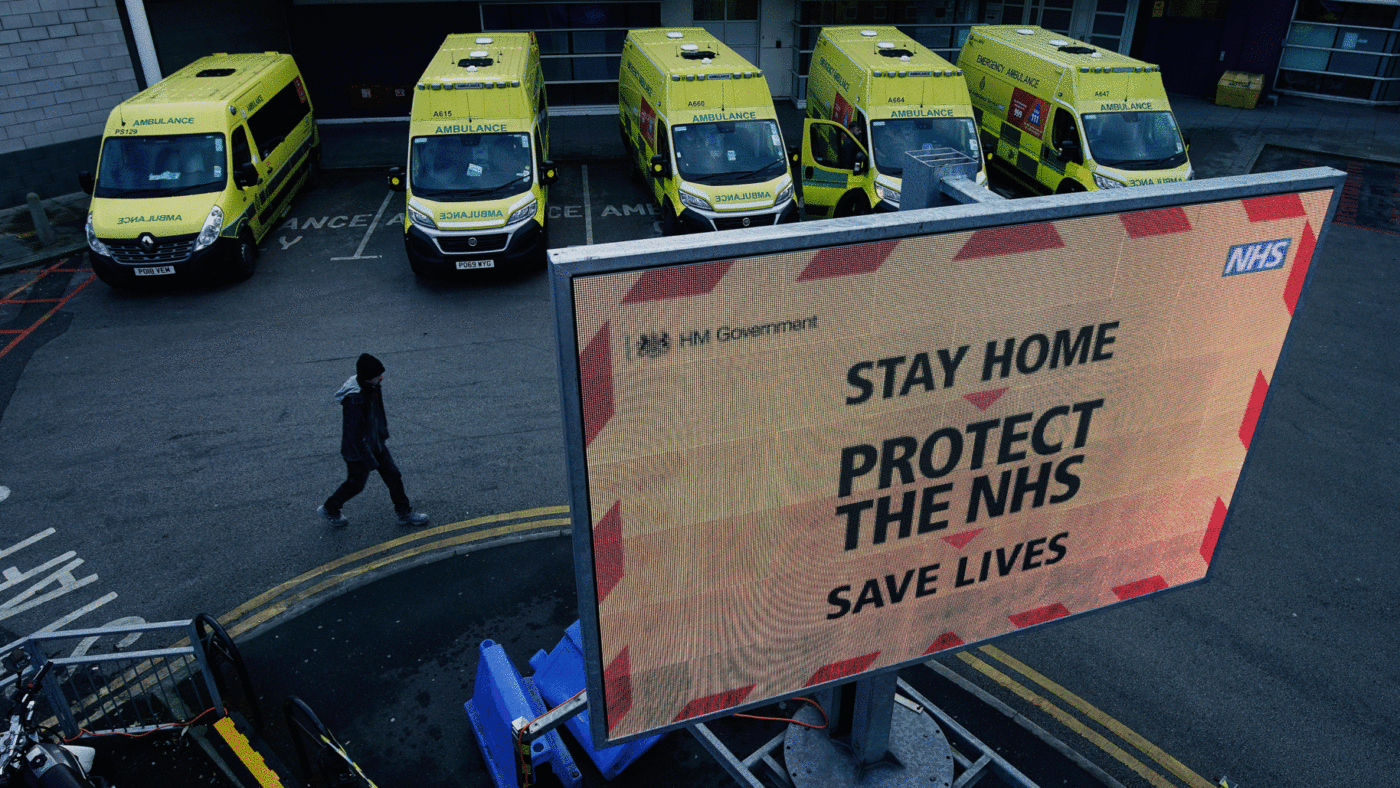New year, new lockdown. I’m instinctively sceptical that such severe restrictions on our lives can ever be justified, but two factors have surely tipped the balance in their favour.
The first, of course, is the far more rapid transmission of the new Covid variant. This has increased the benefits of locking down, as the risk of the NHS being overwhelmed by Covid patients is now much greater.
The second, more positively, is the rollout of the new vaccines, which has reduced at least some of the costs of locking down. This is because there is now light at the end of the tunnel, and households and businesses can be more confident that this is the final push.
Here we can take some comfort from the strong public support for the new lockdown, and the relatively sanguine response in financial markets. In particular, the FTSE has continued to grind higher. Even if you don’t own equities yourself, it is reassuring that investors remain confident about the prospects for the UK economy. (I’ve written here before that we should sometimes pay more attention to the signals from the markets.)
The headline numbers may look grim, for a while. A new UK-wide lockdown might cost 10% of GDP (relative to the easing of restrictions that most had hoped for), or about £18 billion every month. Nonetheless, this could be a price worth paying to prevent tens of thousands of additional premature deaths, and other harms, if the healthcare system collapsed.
For what it’s worth, the Department of Transport uses a figure of around £1,800,000 for the value of a prevented fatality. On this basis, if ‘spending’ £18 billion saves 10,000 lives (including those of non-Covid patients, young and old, who might not otherwise have received the treatment they need), that’s arguably a fair exchange.
Needless to say, there are many other costs and benefits to take into account, and huge uncertainty about all of the numbers. But it’s not obvious to me that the Government has got this call wrong.
What’s more, the economic costs are probably better measured by the impacts on jobs and businesses. In particular, unemployment has risen by far less than many had feared, and relatively few jobs have been lost. For example, employment was only 0.9% lower in the UK in the third quarter of 2020 compared to a year earlier, versus falls of 1.4% in Germany, 2.4% in Italy, and 2.6% in France (despite a much bigger reported fall in UK GDP).
That’s partly a reflection of the UK’s relatively flexible economy and labour markets. Admittedly, UK unemployment would also be much higher if the Government were not shielding millions of jobs via the furlough scheme. But it’s clearly better to have a 5% unemployment rate with furlough, than 10% without. And as the Covid restrictions are lifted and the economy rebounds, the furlough scheme can (and should) be wound down.
This prompts the question of what more support the Government should provide. Today, the Treasury announced £4.6 billion in new lockdown grants ‘to support businesses and protect jobs’, targeting the retail, hospitality and leisure sectors.
This is welcome, but I don’t think many people or businesses will see this as enough. I would probably have argued for a bolder package now, including further extensions of the furlough scheme, of the increases to Universal Credit, and of the temporary tax cuts. Equally though, I can understand the Chancellor’s caution. Presumably, Treasury officials hope that any such decisions can wait until the Budget, scheduled for March 3, by which time the economic outlook should be a lot brighter. They may well be right.
Indeed, there are now far more reasons for optimism about the UK economy, despite what will inevitably now be a rocky start. These include high levels of household savings, the lifting of Brexit uncertainty, and the massive fiscal and monetary support that is already in place. In the meantime, the second (English) lockdown in November appears to have been much less damaging than the first, adding to hopes that the economy will weather a third lockdown relatively well.
Overall, it’s obvious that no-one wants to be where we are today. But I’m still confident that the UK economy will recover much more quickly over the course of 2021 than most expect.
Click here to subscribe to our daily briefing – the best pieces from CapX and across the web.
CapX depends on the generosity of its readers. If you value what we do, please consider making a donation.


